Description
A very cool and unique Rwanda coffee. Smaller beaned coffee as a warning but a very tasty cup, definitely premium tastes coming from these smaller beans. Similar to Maui Mokka, or our old Bob O Link Mokka (for those who remember). Not a Mokka strain, but processed and screened like one, bringing an awesome clone to the table. Wonderful fruit forward tones mixing with spicy chocolate like notes.
The Nyamasheke district in Rwanda is gifted in terroir. The cool, humid climates of both Lake Kivu and the Nyungwe Forest National Park keep groundwater abundant throughout the uniquely hilly region. Kivu itself is part of the East African Rift whose consistent drift creates volcanic seepage from the lake’s bottom and enriches the surrounding soils. Coffees from this region are often jammier and heavier than in the rest of the country.
Ngoma Coffee Washing Station is located in the southern part of Nyamasheke district, in a striking location right on the shore of Lake Kivu. The station is owned and operated by Baho Coffee Company, a small community-focused processing and exporting group that currently operates 6 washing stations in 6 different districts in Rwanda, and is currently constructing 2 more. Participating farmers delivering cherry to Baho’s washing stations can count on annual payment premiums as well as farm-level support, including annual coffee seedlings, health insurance, fertilizer, and harvest loans.
Tasting Notes: Tasty from light to dark but we thought it shined at the lighter roasts best. A good Mokka clone, although lighter roasts will have hints of lemony floral acidity, red fruit, and a nice chocolaty factor – it is a smooth more delicate tasting cup with a sweet edge. Very easy to drink, makes daily drinker status nicely, chuggable as some would say. Medium roasts are smooth as can be with a stronger chocolaty tone and fruity highlights, a defined hint of spice similar to clove or cinnamon in the aftertaste. Pushing into second crack to touching will be great for darker roast fans, still a touch of a fruit note but pretty mellow. Retains the sweet edge and gets a little smoky.
Roasting Notes: High chaff with smaller beans that will roast a little uneven. Although sometimes this can be challenging, tastes from light to dark were awesome, so were kicking this one into the easy to roast category. Just expect a couple different colors in the final product. Light roasts will still have a couple paler yellow beans in it, we left them in for the tasting and everyone loved the lighter roast, so good to drink as is but could clean up the cup a little if you flick them out. Medium to dark roasts were easy roast points to hit and looked lovely.
Despite its diminutive size compared to other East Africa coffee producing countries, Rwanda’s coffee has an important history and terroir entirely unique to the rest of the continent. Coffee was originally forced upon remote communities by the Belgians as a colony-funding cash crop. The Belgians distributed varieties cultivated by the French on Ile de Bourbon (now Reunion Island, near Madagascar) but had so little invested in coffee’s success that they immediately allowed production to decline through lack of investment in national infrastructure, as well as the farmers who grew it. As a result, the sector suffered near total obscurity in the coffee world from Rwanda’s independence in 1962 until the period of rebuilding following the country’s devastating civil war and astonishingly tragic genocide in 1994.
Rwanda’s former cash crop, however, roared to international buyer attention in the late 2000’s thanks to one of East Africa’s most successful coffee interventions, the Partnership for Enhancing Agriculture in Rwanda Through Linkages (PEARL). PEARL was a sweeping infrastructure and education investment targeting large regions of Rwanda whose coffee was for the most part processed poorly at home and exported with little traceability. The program, designed and led by the University of Michigan, Texas A&M and a host of Rwandan organizations, vastly increased processing hygiene by building washing stations. It also organized remote and under-resourced smallholders into cooperative businesses capable of specialty partnerships. Perhaps most significantly for the long term, it took the legacy bourbon genetics buried in abandon and polished them anew to the amazement of coffee drinkers everywhere. The snappy acidity, stone fruit flavors, and fragrant herbaceousness found in Rwanda’s coffee is still completely unique to bourbon produced anywhere else in the entire world. Producer groups like Baho cherish their farmers’ potential and are learning to maximize the quality and variety available from Rwanda’s most promising terroirs.
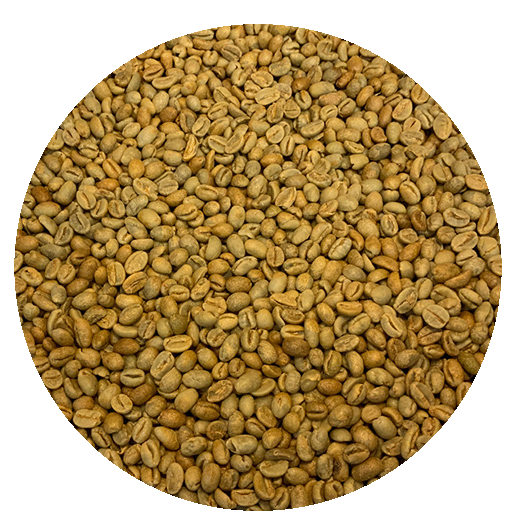
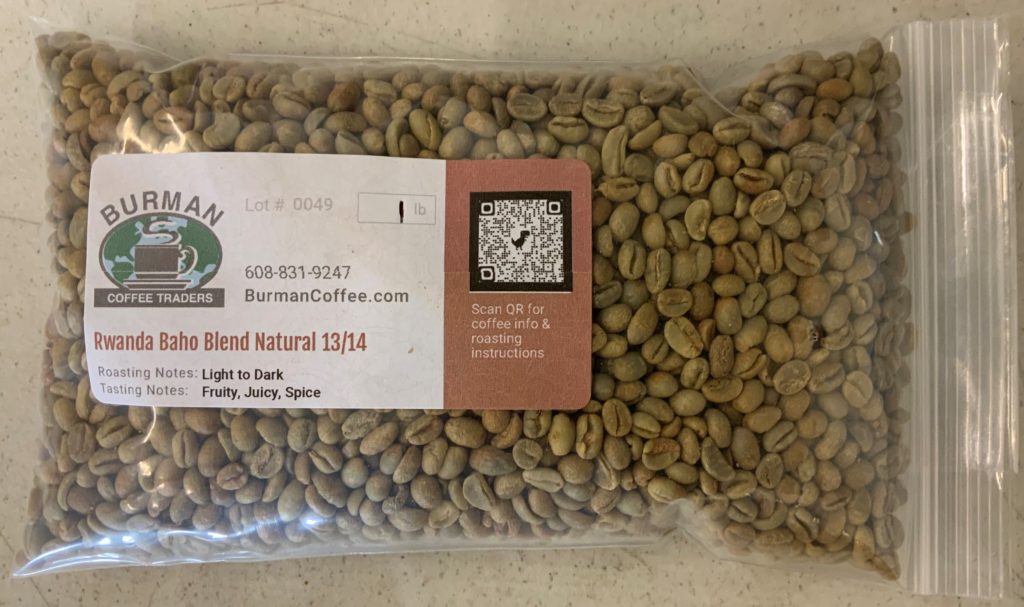
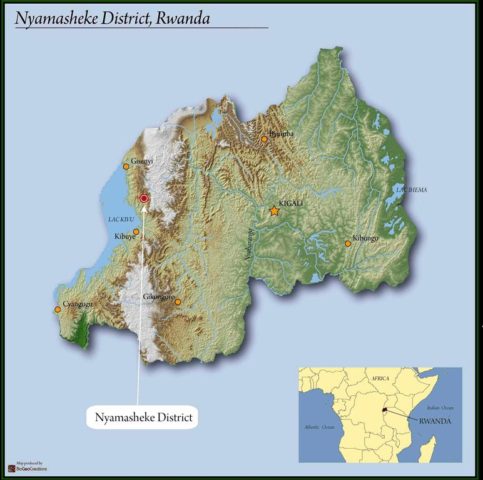
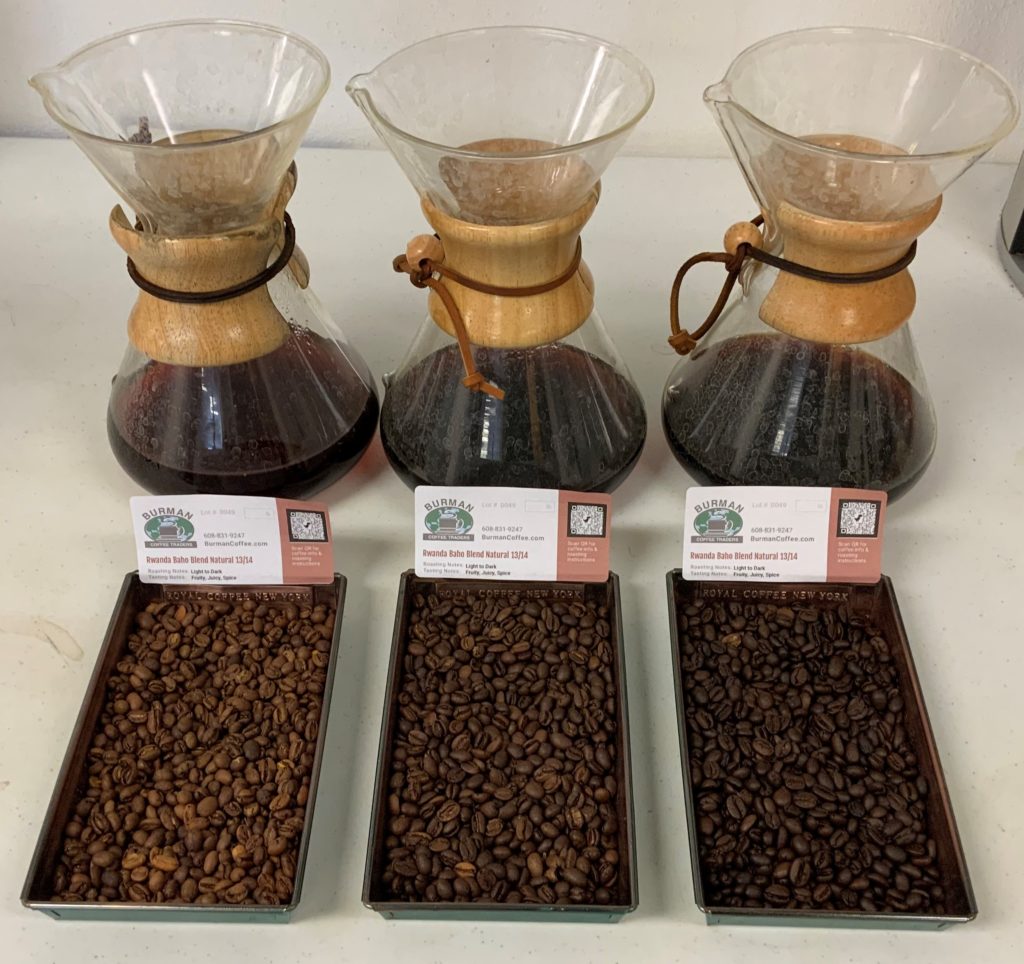
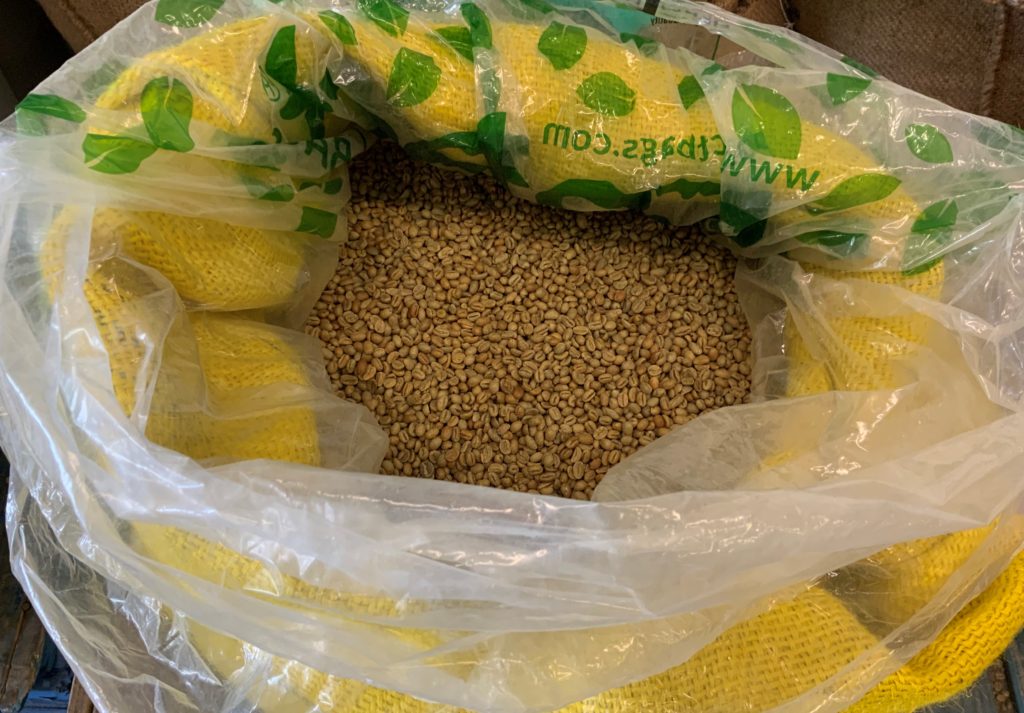
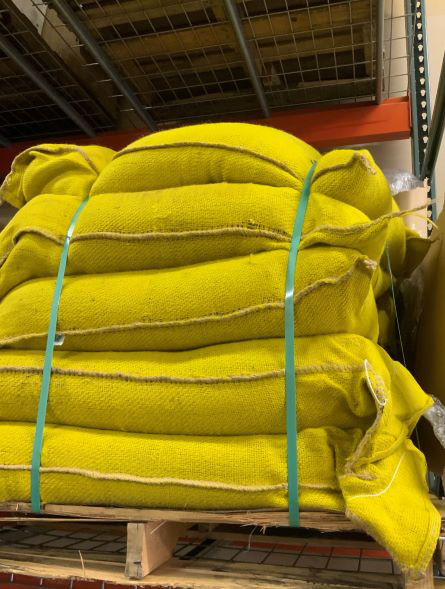
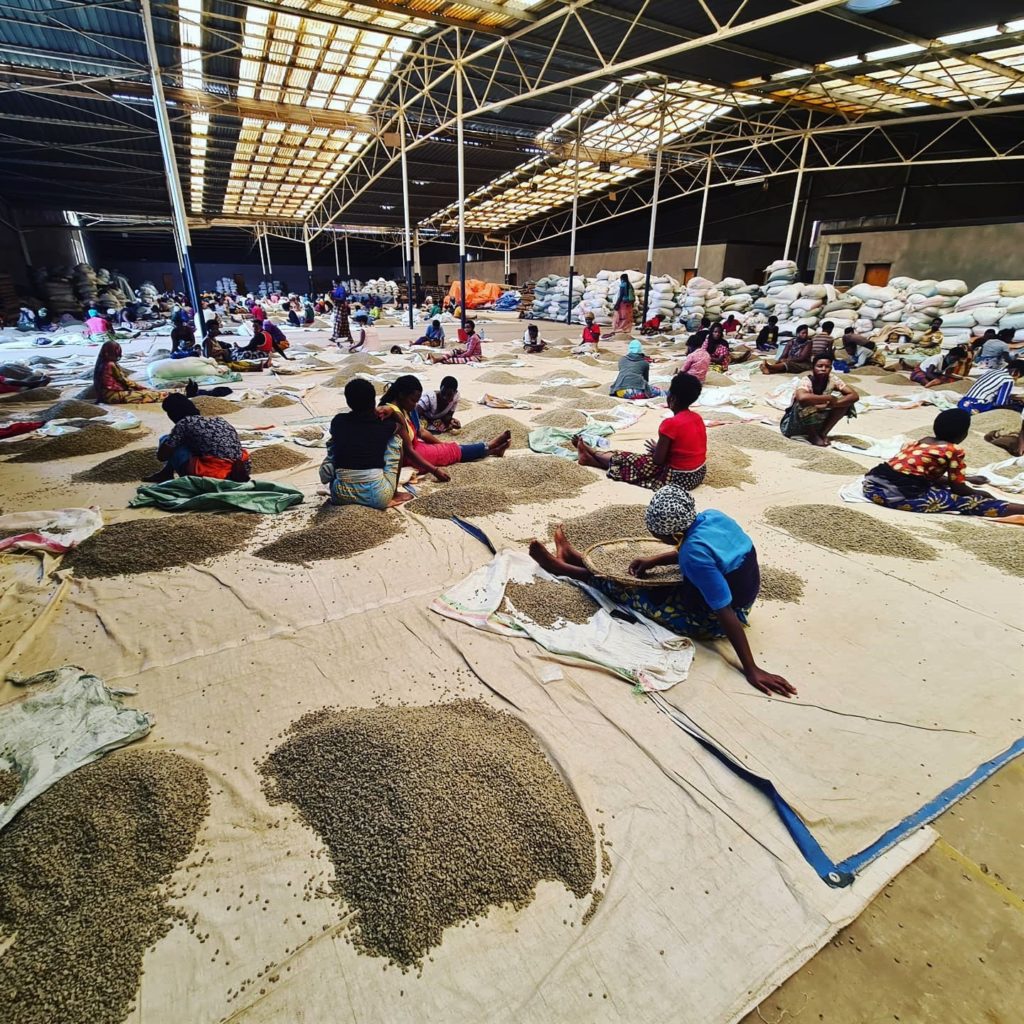
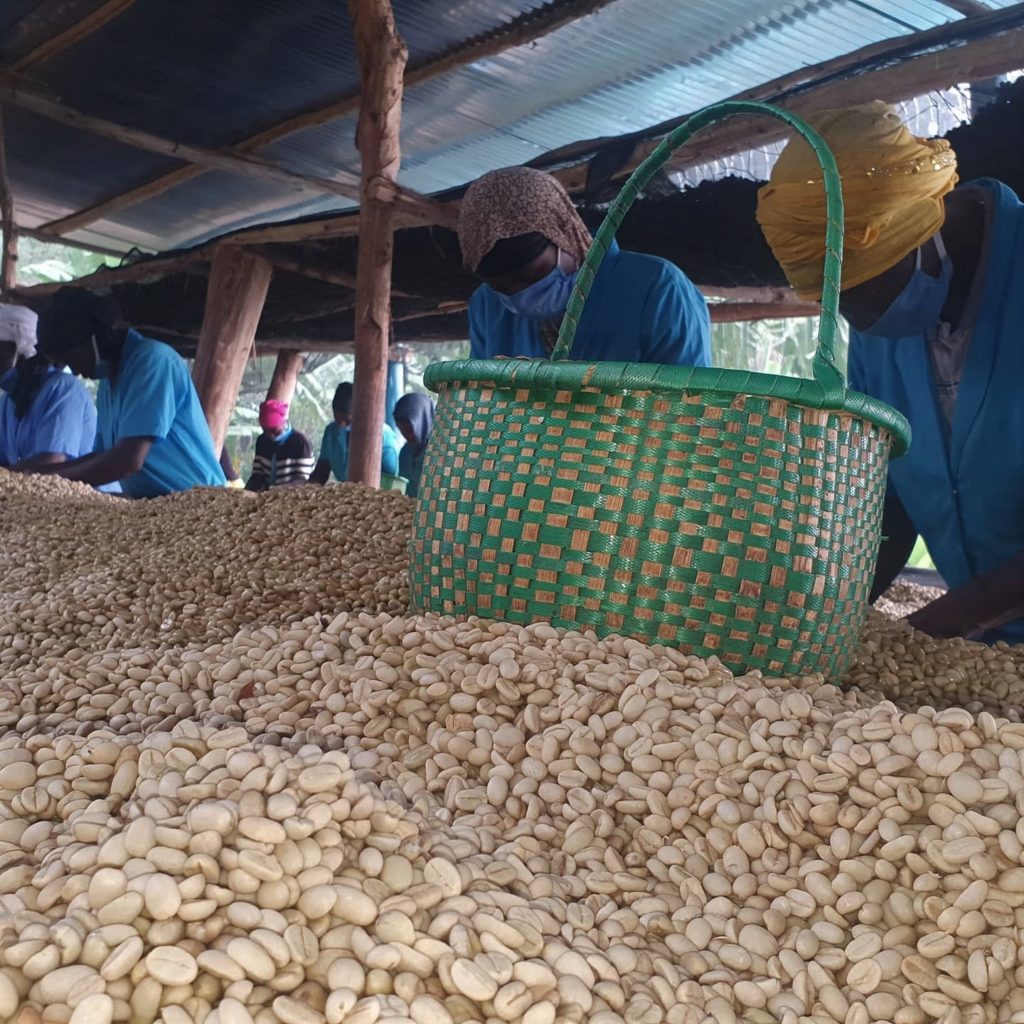
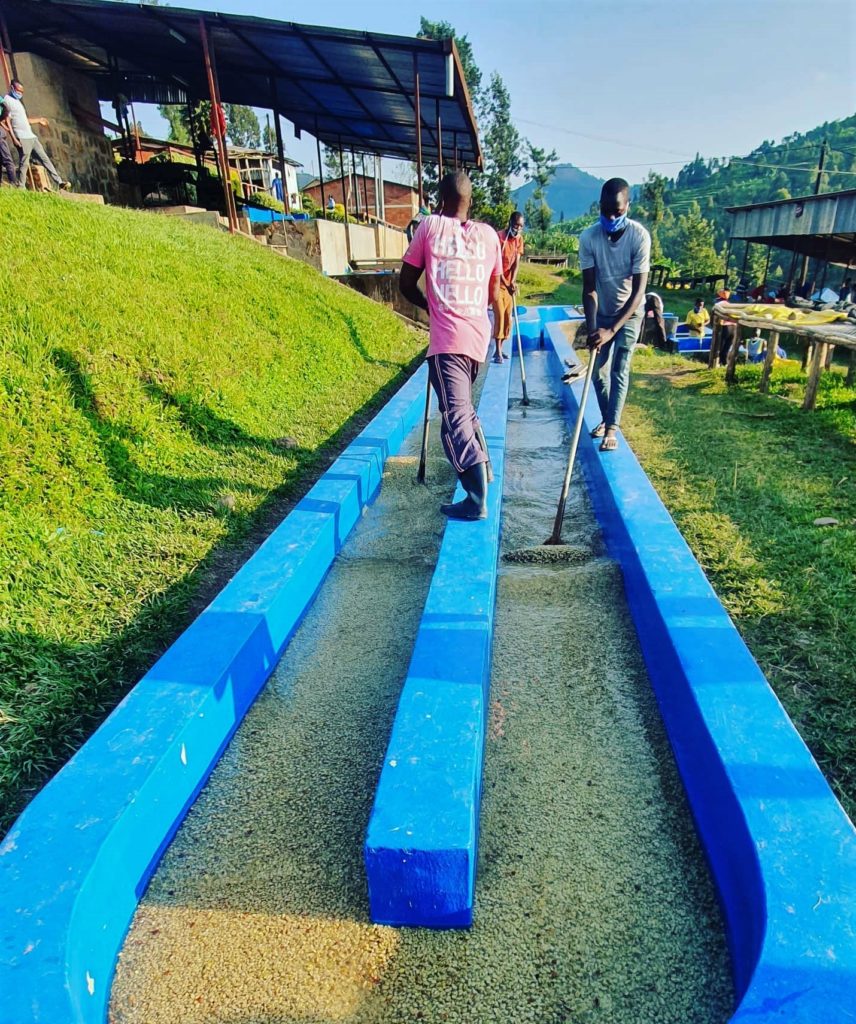
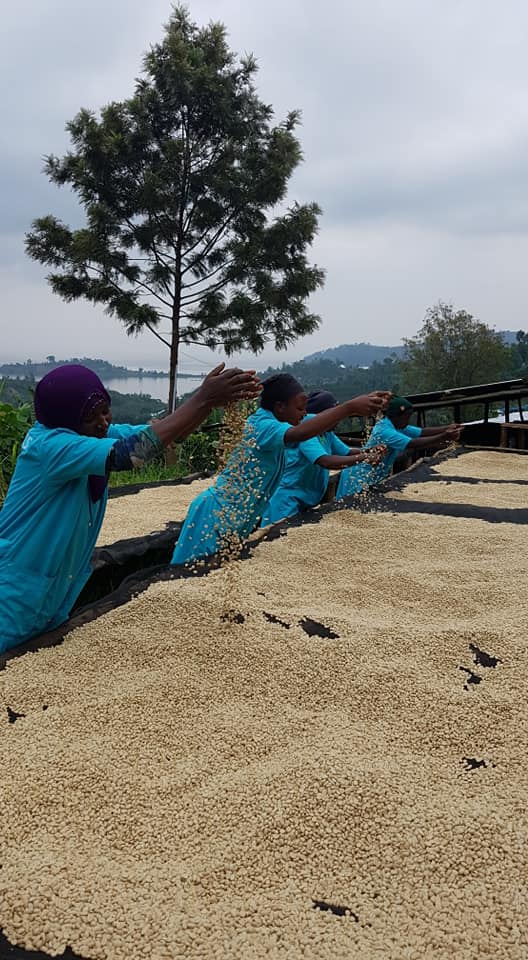
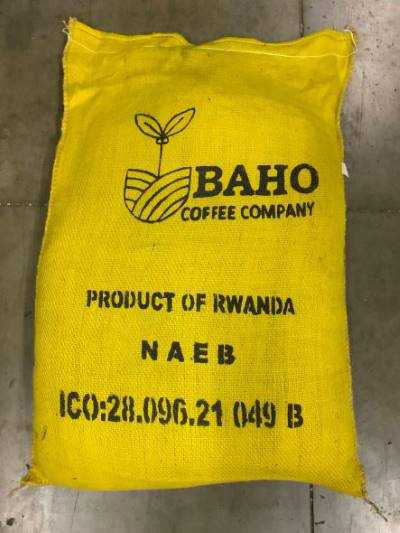
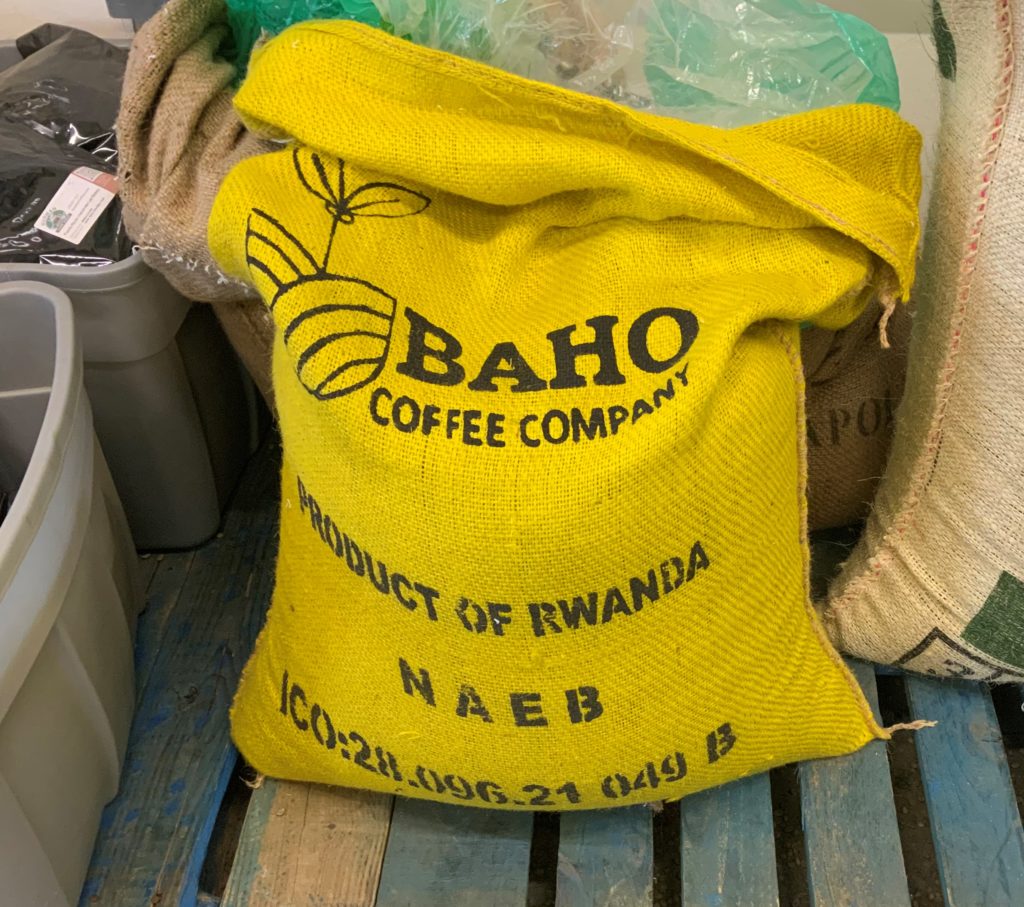
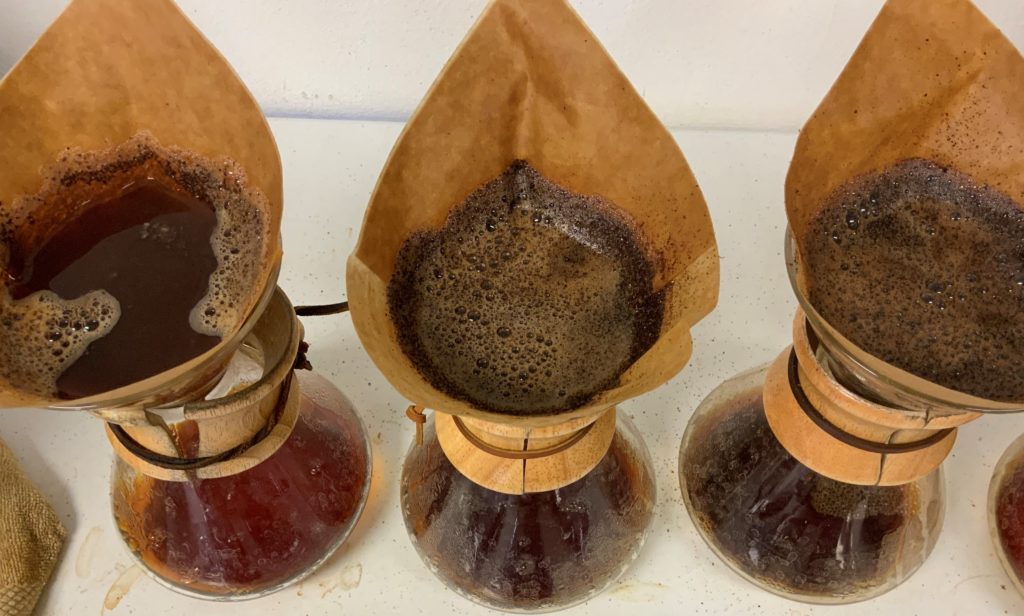
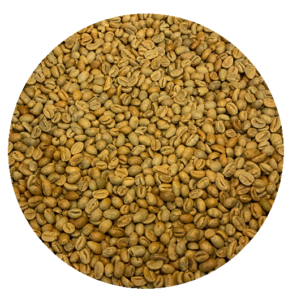
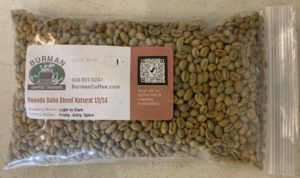
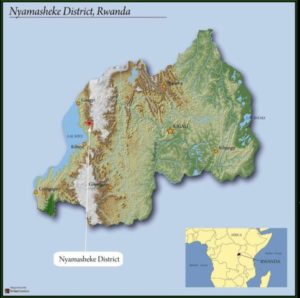
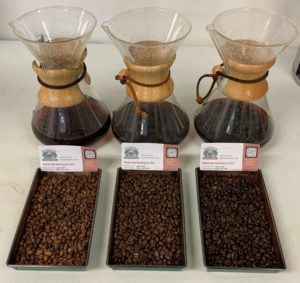
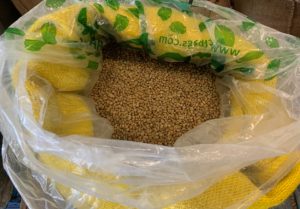
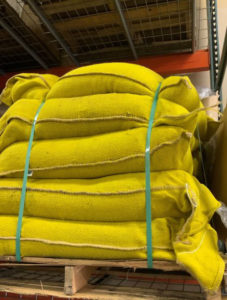
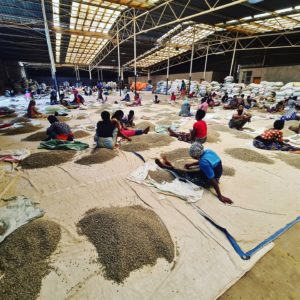
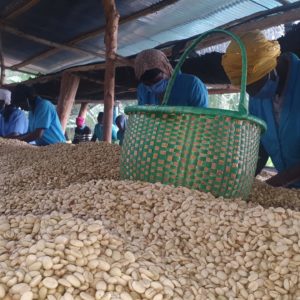
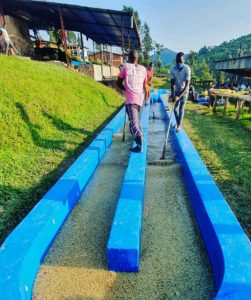
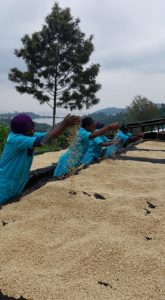
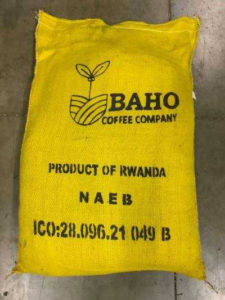
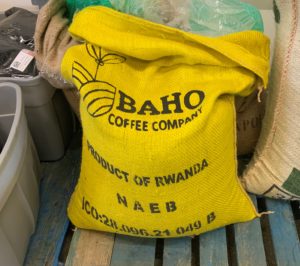
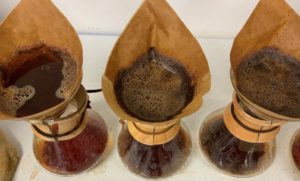
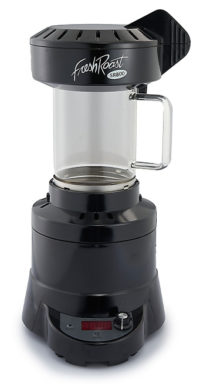

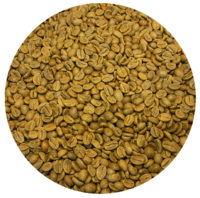
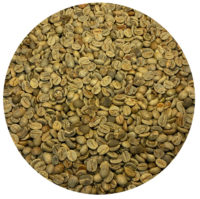

Reviews
There are no reviews yet.